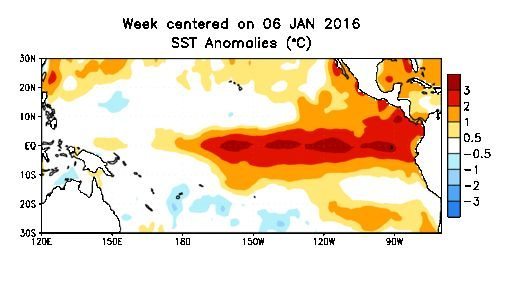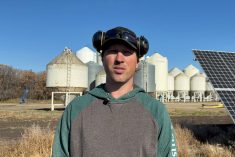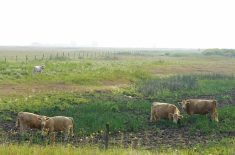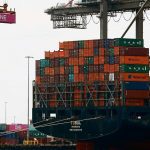Rome | Reuters — Ethiopia faces its worst drought in decades, leading the United Nations’ food agency to call on Friday for an emergency cash injection of US$50 million to help the country overcome the crisis.
Crop production has fallen up to 90 per cent in some regions and failed completely in the country’s east, a consequence of an El Nino weather pattern that has caused significant declines in rain in some parts of the world and floods in others.
The Rome-based UN Food and Agriculture Organization said the drought had decimated Ethiopian livestock and threatened food supplies for 10.2 million people. Access to pasture and water will worsen until the rainy season begins in March, FAO said.
Read Also
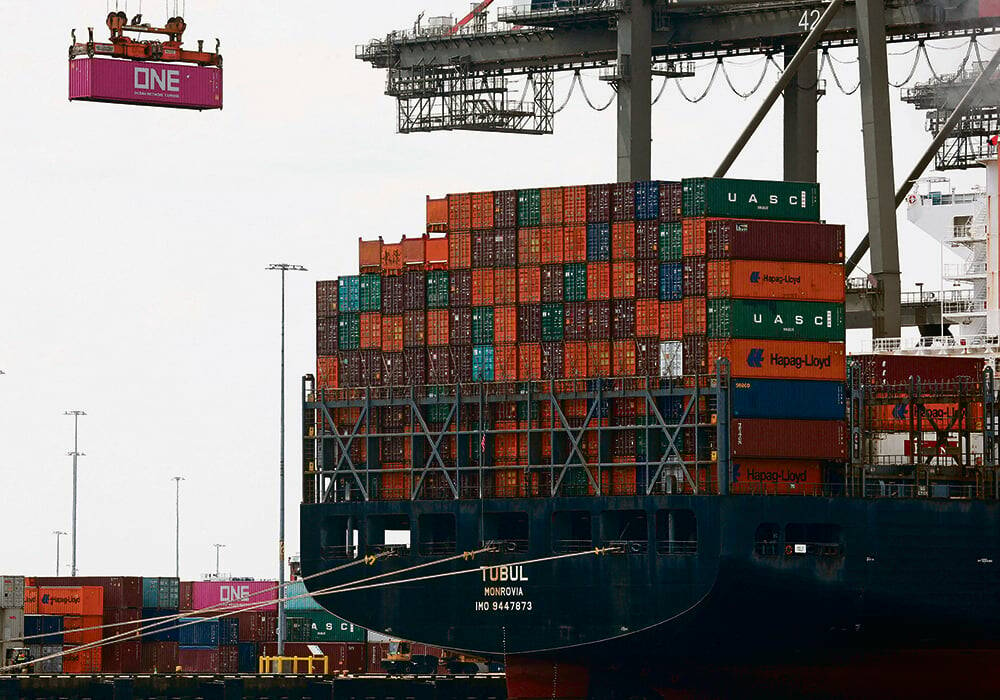
New trade map takes shape in Davos as world adjusts to Trump tariffs
Global trade patterns are shifting in the face of tariff threats from the United States.
“The outlook for 2016 is very grim,” said FAO’s representative for Ethiopia, Amadou Allahoury. “Food overall will become harder to access if we continue to see prices rise, food stocks deplete and livestock become weaker, less productive, and perish.”
Brought to its knees by famine in 1984, Ethiopia’s economy is now one of the fastest-growing in the world, leaving it better able to deal with such crises. Agriculture also plays a smaller role in the economy, but the FAO says it still provides half of gross domestic product and 80 per cent of employment.
The agency’s plan includes distributing seeds and animal feed, vaccinating animals, delivering 100,000 sheep and goats to vulnerable households and giving farmers cash for bringing weakened and unproductive livestock to slaughter.
Communities will be offered support with savings-and-loans schemes, irrigation projects, and education.
El Nino, marked by warming sea-surface temperatures in the Pacific Ocean, causes both drought and flooding in Ethiopia. FAO said the latter was expected to be as destructive to agriculture as the lack of rain.
— Reporting for Reuters by Isla Binnie in Rome.

